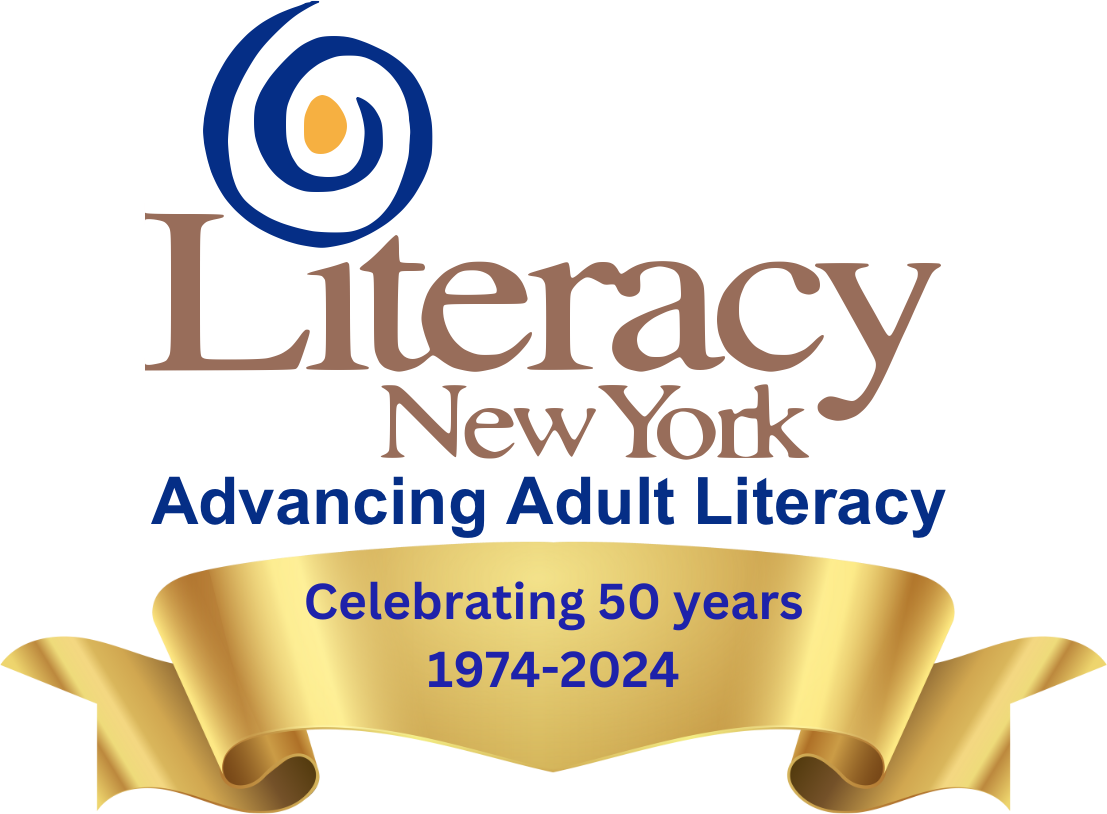By Danielle Chemtob
Chapel Hill
Faye Alston reached into her mailbox at Kingswood Apartments in Chapel Hill and pulled out an envelope.
It contained the last piece of what she’d been working toward for seven years — her GED math test results.
She opened the letter, looked at her score and burst into tears. It was a 400. She needed a 410 to pass.
Alston, now 58, had taken the test 13 times, and her resolve was wearing down.
“I would just wait for the paper and just pray,” she said.
Every time, she was within reach of a passing score, but just missed the mark. She’d passed every other subject on the first try.
“After a while, I would get so aggravated with math that I would just have to leave it alone for a while and just do the next subject,” Alston said.
After receiving her score, she confessed during her regular tutoring session at Orange Literacy Center that she wasn’t sure she could continue.
“I am so tired of this 400,” she told her tutor, Patrick. “I just don’t think that I can do it anymore.”
But he told her not to give up. She had one more shot: Less than three months later, she could take the test again, and if she didn’t pass, she’d have to start her GED over again.
According to nonprofit ProLiteracy America, 36 million adults cannot write, read or do math above a third-grade level.
Literacy centers across North Carolina help adults such as Alston improve their skills in reading, writing, mathematics and other subjects. They offer courses in basic adult education, GED, English for Speakers of Other Languages, citizenship and family literacy.
But adult literacy programs, which already struggle to find funding, are at even more risk after the federal government issued new guidance on how states should administer funds for adult education. In North Carolina, the changes left five community colleges and six nonprofit organizations, including the Durham Literacy Center, without federal funding.
“Lots of money is going towards the children, and nonprofits that I represent as the N.C. Literacy Association are struggling to just keep afloat,” said Autumn Weil, president of the North Carolina Literacy Association. “Because people don’t value educating adults like they value educating a child.”
A career-oriented focus
In high school, Alston always loved English and history. But she rarely attended math class.
“I would skip math class, because I knew I didn’t like it, and I didn’t want to be called on because I wouldn’t get the answer,” she said.
She first left school at age 15 and returned the following year. But her struggles with math, along with partying and drinking with older friends, led her to drop out for good at 17.
She found herself working in several poultry plants between Siler City and Pittsboro, before finding a job at Chatham Mills that she held for many years.
Eventually, she became a housekeeper at UNC-Chapel Hill, where she’s been for the last 16 years. But a desire to be a role model for her daughter and to get ahead in her career landed her in GED classes at the Orange Literacy Center in Carrboro.
“I was cleaning up behind people, and I wanted a position where I could be in control,” she said.
But she soon found that little of the math she had learned in her later years of schooling had stuck with her. She was kicking herself for not paying more attention in high school.
“It was just like, I’m starting over from the first grade,” Alston said.
Lizzie Ellis-Furlong, executive director of the Durham Literacy Center, said students like Alston are a common demographic for literacy programs.
“Once a person turns 16 and they feel like they’re repeating the ninth grade for the third time and they still aren’t getting it, they’re going to often choose to drop out of school,” she said.
As funding and political priorities have changed in recent years, literacy centers have had to shift their focus from teaching general literacy skills to specific career and academic goals, like the GED program Alston participated in.
Read more here: https://www.newsobserver.com/news/local/article221658320.html#storylink=cpy
Literacy programs receive funding through Title II of the federal Workforce Innovation and Opportunity Act. The North Carolina Community College System’s College and Career Readiness Office, which administers the funds to North Carolina organizations, received $16.8 million for the 2018-2019 year.
But in response to new guidance from the federal government, the state changed its funding formula, and evaluated grant applicants based on 13 considerations, including a program’s performance.
Performance is evaluated by determining the percentage of participants with “measurable skills” gains, which demonstrate progress toward a credential or employment.
“The requirements and considerations are in place to ensure that eligible providers use best practices to provide quality instruction that advances students’ learning,” said Lisa Chapman, senior vice president and chief academic officer for the community college system.
But Ellis-Furlong said these career or educational goals aren’t always realistic, given the range of skill levels they see in their programs.
“When I think of literacy, we think of it as a continuum,” she said. “Someone learning the Roman alphabet, it’s unlikely they would ever get up to a high school equivalency diploma.”
The Durham Literacy Center is one of the nonprofits that lost funding due to the changes. While the organizations received temporary mitigation funds through the state budget, they will be on their own after this year.
And literacy programs across the country are struggling to serve the high demand for their services. Nationally, 68 percent of programs have long waiting lists, and less than 10 percent of adults in need are receiving services.
A lack of research, Ellis-Furlong said, has diminished the issue’s visibility. The federal government has not conducted a county-by-county national study on adult literacy since 2003.
In evaluating literacy at the local level, Ellis-Furlong often looks at the percentage of adults with a high school diploma. Close to 13 percent of Durham County residents lack a high school diploma, compared to 7.6 percent in Orange County, according to 2017 estimates from the U.S. Census Bureau.
And she said the changes in the funding reflect this broader marginalization of the issue of adult literacy.
“It’s literacy only for people that want to enter the workforce,” she said. “It’s no longer valued as, let’s just make sure that everybody knows how to read.”
‘A long journey’
Alston and her husband were determined to adopt a child after finding out they could not have one on their own. They took classes. They installed locks on their cabinets. But for years, they heard nothing from the social worker.
Nearly two years after they completed the adoption course the second time, Alston went home early from work one Monday. She answered her phone, and it was her social worker. There was an infant, not even a month old, ready for a new home.
Flipping through the pages of a baby name book, Alston’s then-husband suggested Princess.
“That’s too much,” she told him.
So they kept searching. And eventually they landed on the perfect match — Precious. Precious Shante Alston is now 15 years old. And while the marriage didn’t survive, Faye Alston’s bond with her daughter is stronger than ever.
The two live in Alamance County now, and Alston drops her daughter off every morning at a friend’s house — from which Precious walks to school — before going to work. They share laughs, even if not all of the moments are perfect.
“I think sometimes we get on each other’s nerves,” she said. “It’s only us two in the house.”
Through the process of obtaining a GED, Alston wanted to teach her daughter the value of education.
“I don’t want to say to my daughter you need your high school diploma and then she’s looking at me like, ‘You don’t have one,’” she said. “I wouldn’t have been able to tell her that this is very important if I didn’t go through what I went through to get mine.”
According to ProLiteracy, children whose parents have low literacy levels have a 72 percent chance of being at the lowest reading levels themselves, and in turn are most at risk of receiving poor grades, repeating school years or dropping out.
But Weil, who leads the North Carolina Literacy Association, said parents get left behind when it comes to education policy.
Just to expand its pre-kindergarten program by 3,500 slots, the North Carolina General Assembly will spend $27 million over the next two years. That’s $10 million more than the state receives in funding for all adult education programs.
“In the state we have this huge emphasis on zero to third grade and ensuring that our children are entering kindergarten ready,” Weil said. “If you’re not engaging the parents and changing the culture at the home or the caregiver, then the efforts aren’t going to be realized to the level that they could be otherwise.”
So seven years after starting her tutoring, Alston found herself in the car on the way to take the math test for the 14th time.
She had signed up for the last math test available before December, and if she didn’t pass she would have to start the courses over again.
She studied in the car as her friend gave her a ride. Before going inside, they said a prayer.
Later that evening, her GED teacher called her as she was driving. She toyed with Alston at first.
“Faye, did you call?” she asked. Yes, Alston told her — she had called to inquire about her score.
“Well … I don’t know,” her teacher said.
But finally, her teacher couldn’t keep it in any longer: She told Alston that she had passed the exam. Alston let out a holler.
“I just told everybody, ‘I finally passed!’” she said. “I couldn’t keep it to myself.”
Alston is now studying at Durham Technical Community College and plans to pursue a degree in early childhood education. And Alston’s success has inspired her daughter, who has aspirations to attend college, and is excited to tell her mother when she gets a good grade in school.
Her daughter doesn’t slack on her work often but when she does, her mother gives her a lecture.
“Precious, you see me sitting here doing this work trying to get a degree, and you’re not doing your work?” she said.






